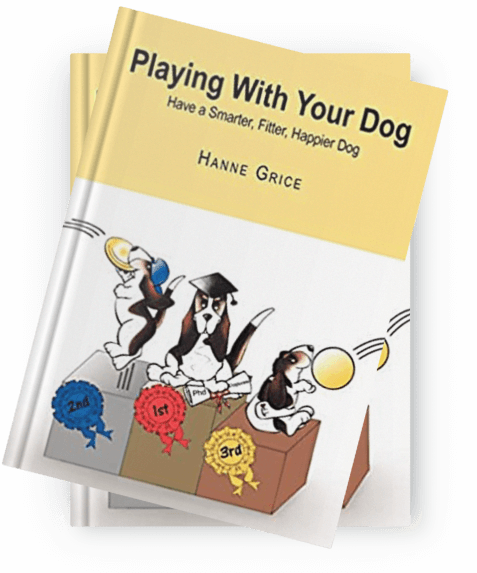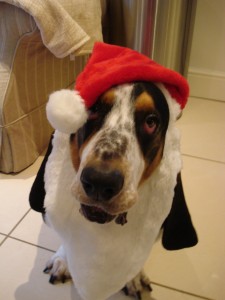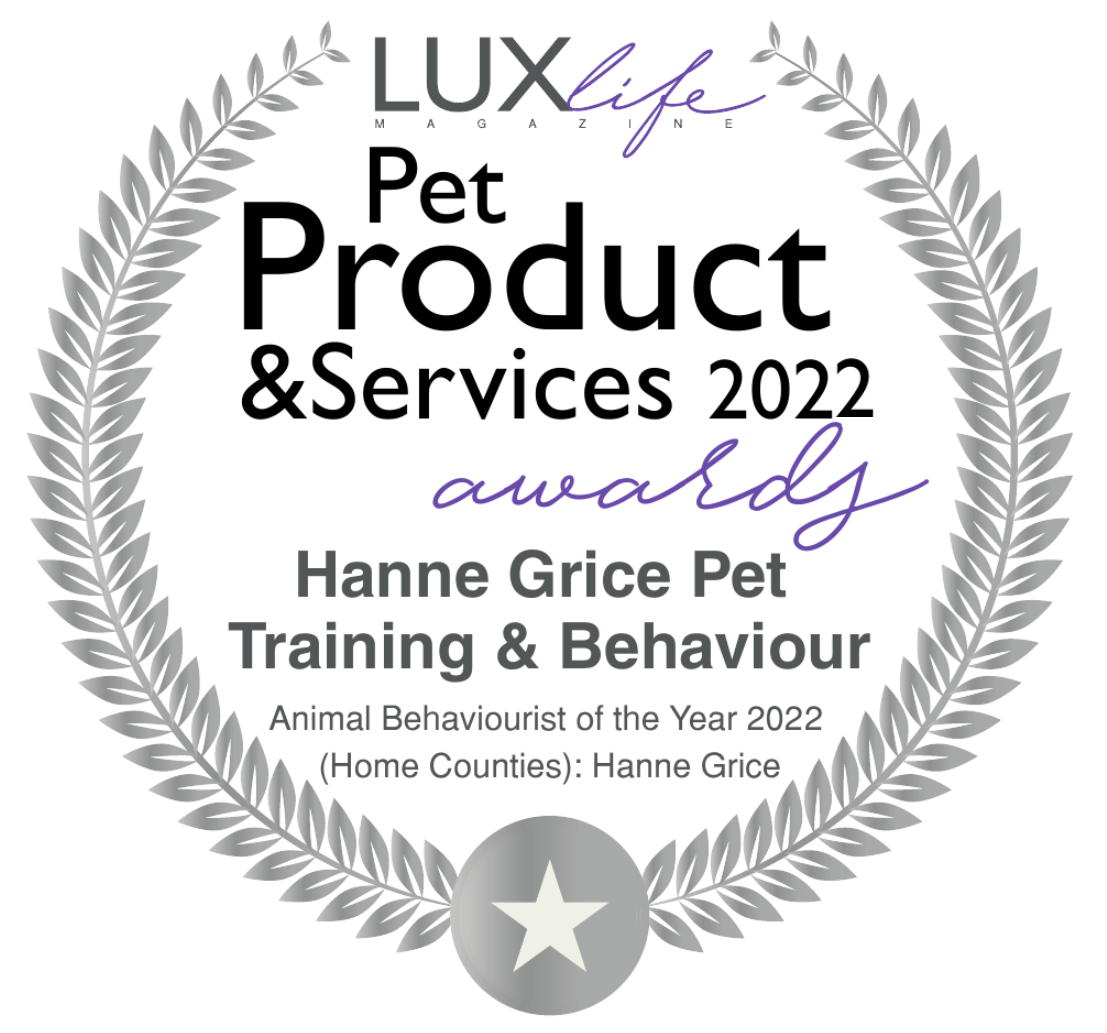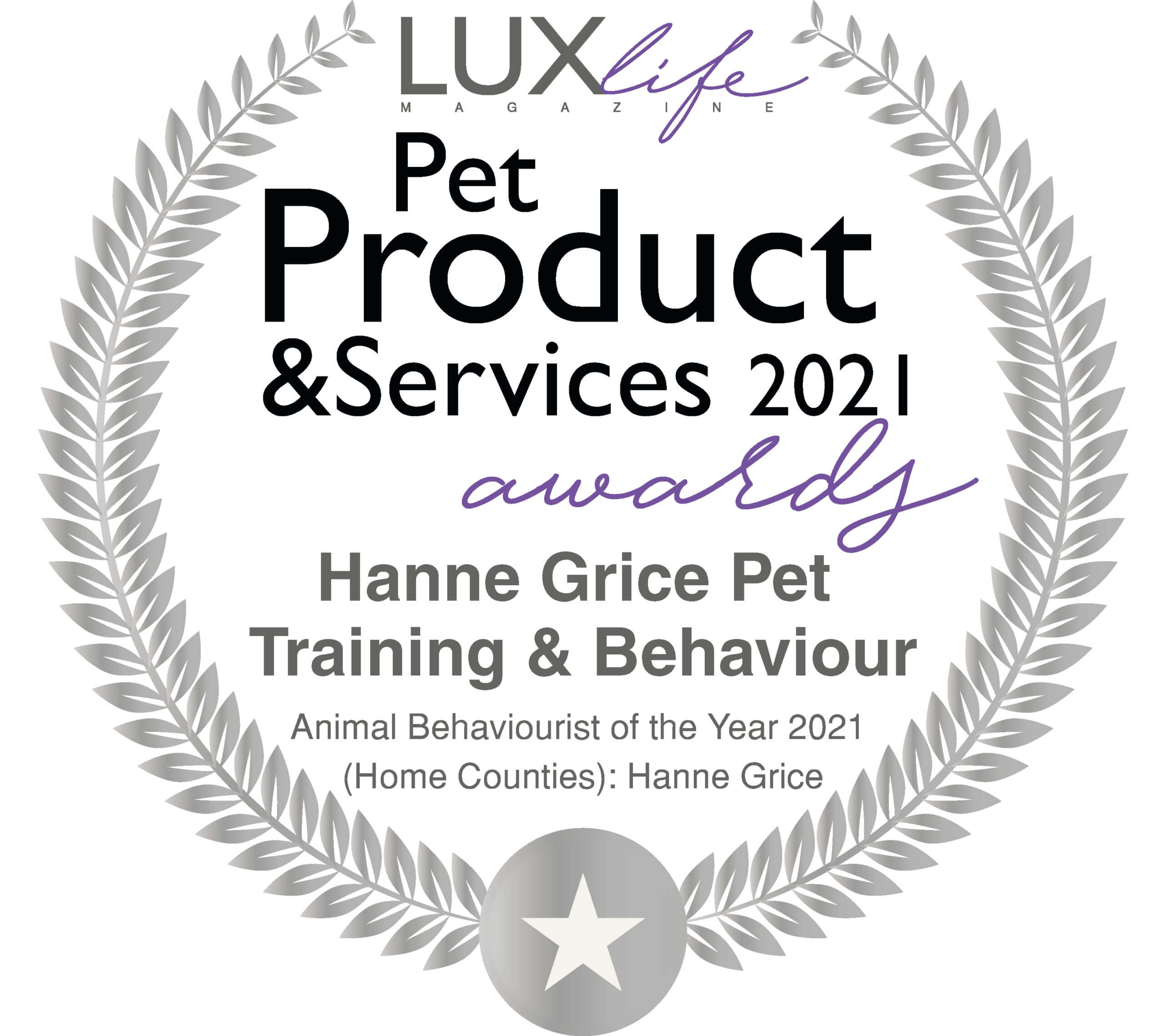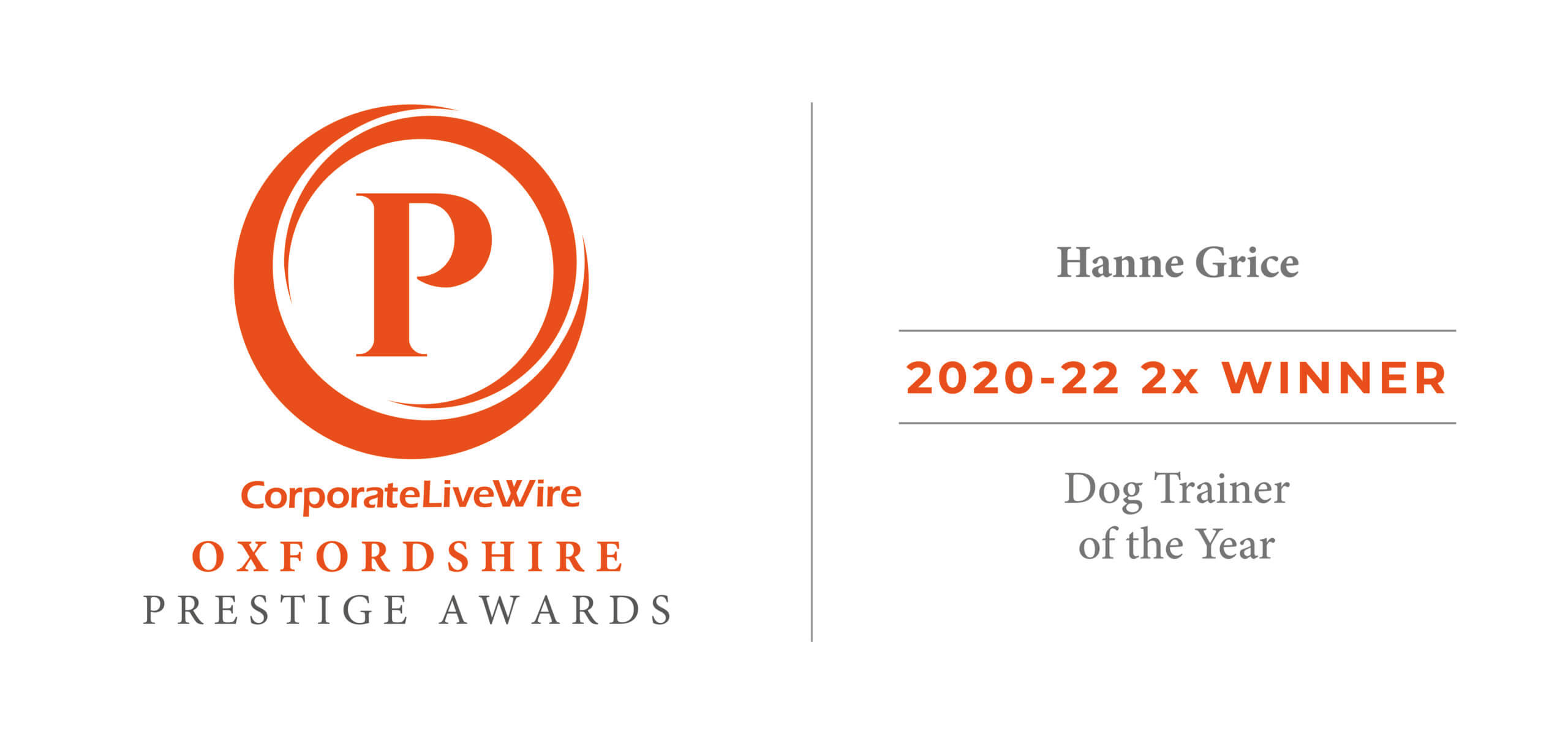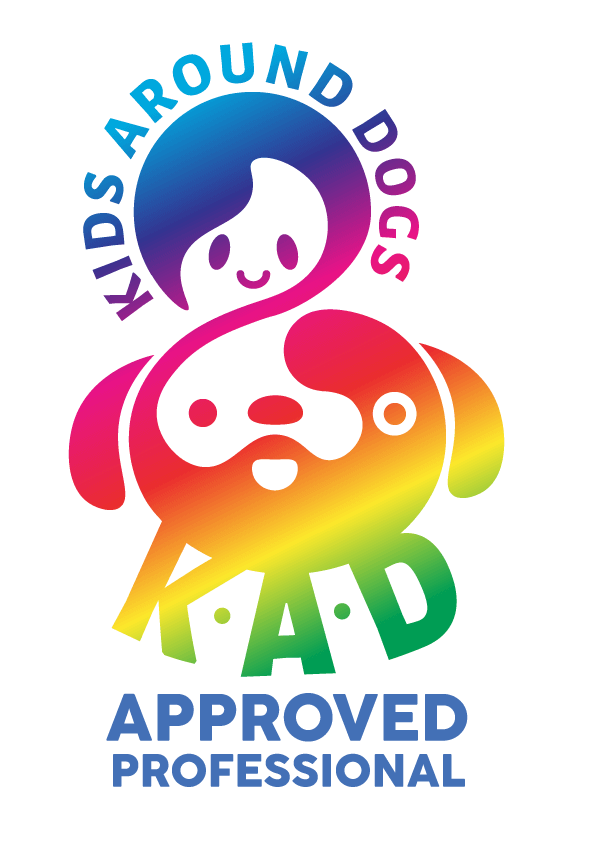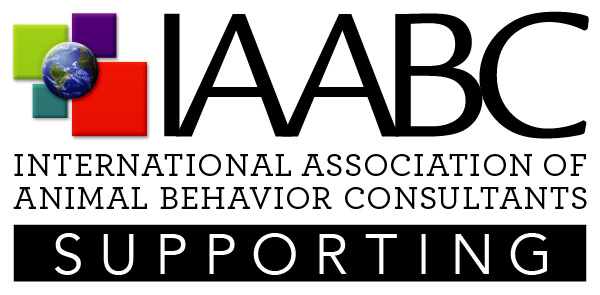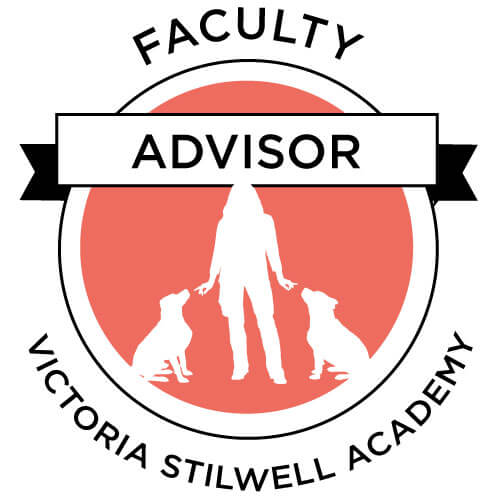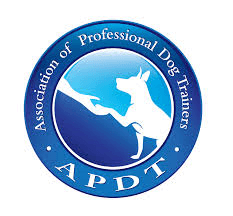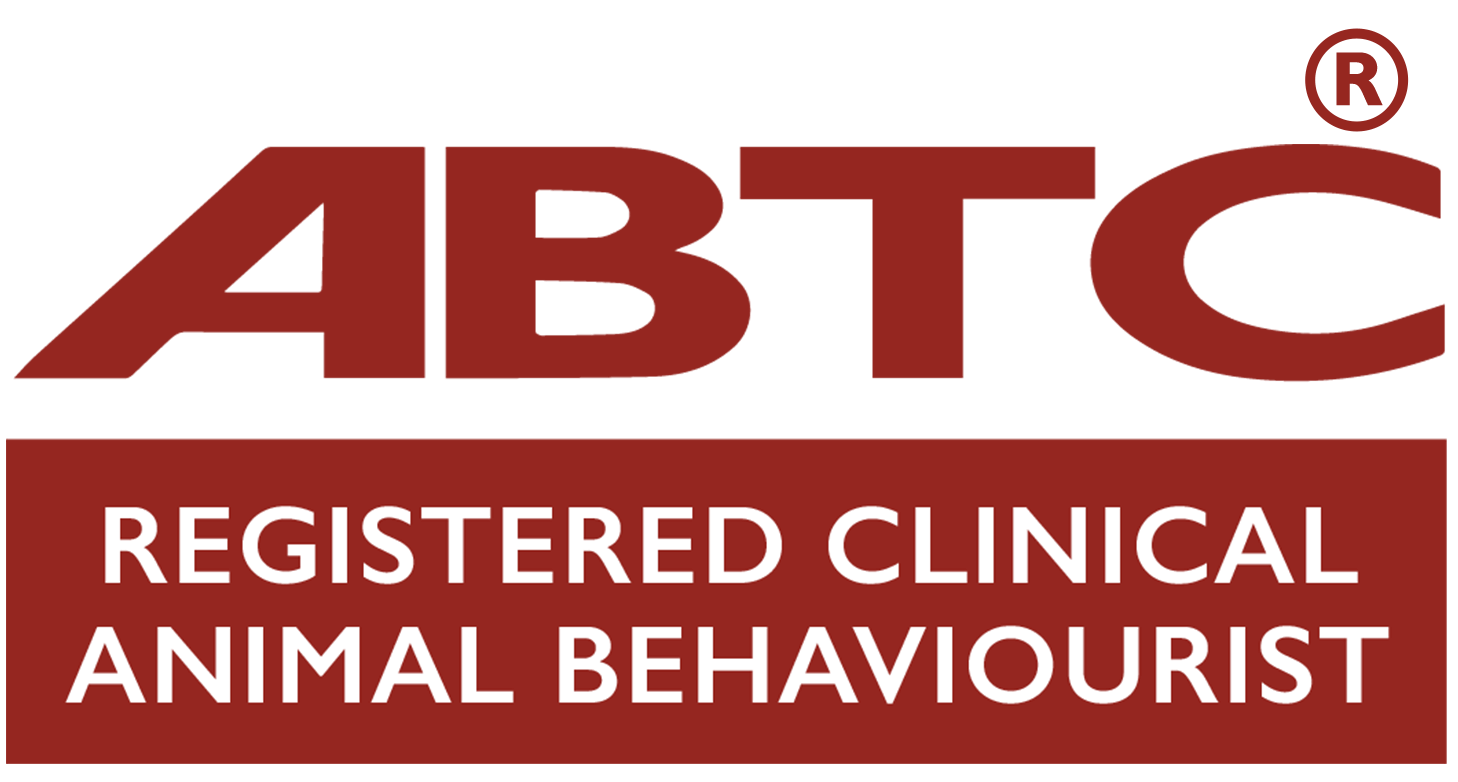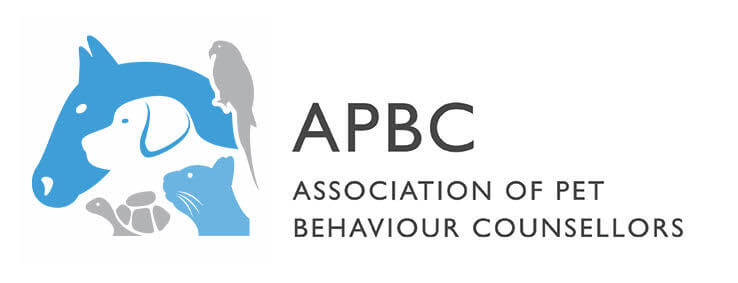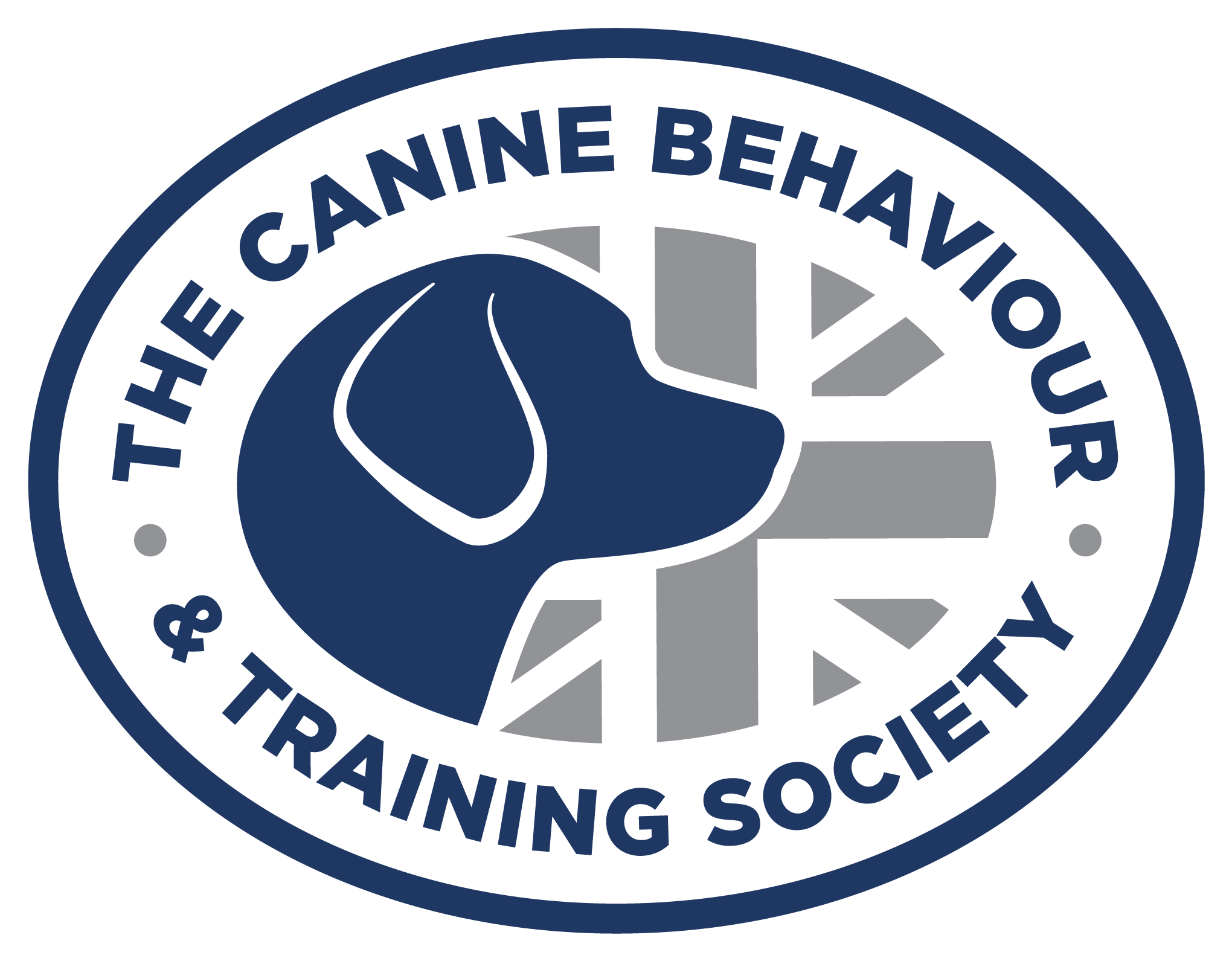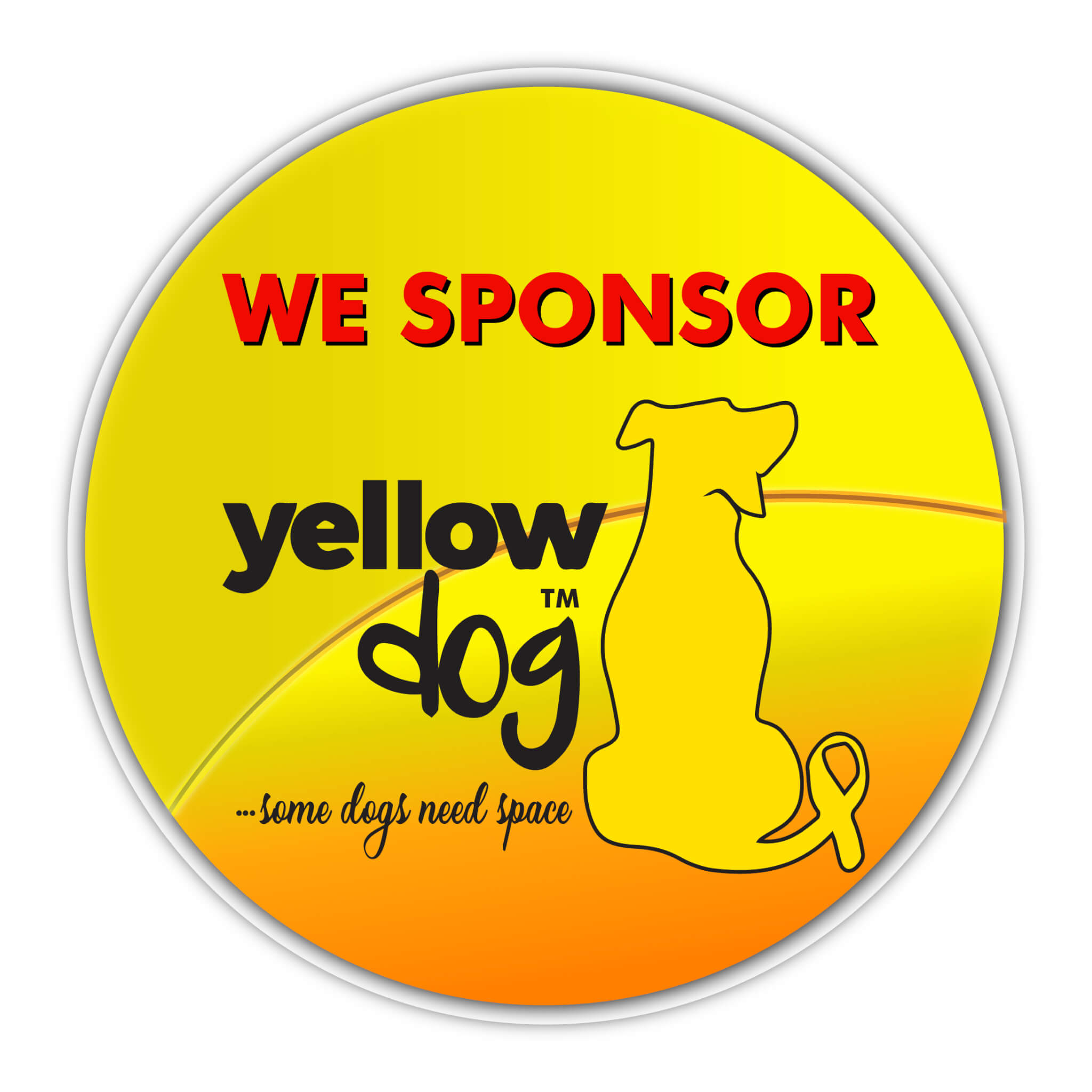The countdown to Christmas has begun. Our homes are typically filled by now with Christmas trees, baubles, gift wrap, interesting smells and food. For some pets this might be the first time they’ve experienced visitors to the home, or being around unfamiliar people for a prolonged period of time; all of this can impact our pets. For example, during the festive season we see a significant increase in veterinary and hospital visits where pets accidentally consume items that can be harmful to them, and well-meaning family members or visitors may get bitten. According to data from the Kennel Club and Agria Pet Insurance, dogs could be up to 86% more at risk of poisoning in December. Read my tips on we can help pets stay safe and calm during the festivities.
The Christmas tree & decorations
Our pets can be very curious whenever something ‘new’ comes into the environment and that includes the annual Christmas tree. Puppies and kittens can be especially interested in the glass baubles, trinkets and treats placed on a tree, or snow globes adorning our countertops or tables, so do supervise your animals when they are in the same room or area as your tree and decorations.
If possible, have your tree and gifts in an area of the property where you can shut out your pets when unsupervised. Otherwise, consider popping your tree on a raised level surface so it is out of reach of those curious noses and paws, or secure the tree to the wall and pop delicate decorations higher up to avoid it being toppled over. Alternatively, you can secure the tree from the bottom, using transparent tape to attach the legs of the tree stand to the surface it sits on. In addition, placing citrus scents along the bottom branches of the tree may discourage cats from attempting to climb up. If your property is open plan, then consider using a room divider – they can help reduce your dog’s access to the tree and provide segregated areas making it easier for guest arrivals, meal times and a chill out space for your pet.
Avoid letting pets drink any Christmas tree water: the stagnant water can be very toxic to our four-legged friends, especially cats. Training a reliable recall (where you can call pets away from distractions), “leave it” and “drop” are key life skills and especially handy with the extra temptations around at Christmas!
If you can’t supervise your pet or they find it too hard to resist the temptations of the tree and presents that lie underneath, then limit their access to this area completely. Instead, create a cosy ‘chill out’ zone for your pet away from busy areas of the house. You can do this by popping tasty treats in their bed or use food puzzle/chew toys such as lickee mats, Toppls, snuffle mats, Kongs and so on to occupy them, spending time in this area with them to help them settle and even give them a little massage or stroke if they enjoy this whilst they rest in this area. Always ensure your pet has ready access to water in their chill out zone, and for cats – a litter tray should also be provided too.

Poisonous plants
There is nothing better than a kiss under the mistletoe, but make sure your pet does not eat any. Mistletoe and holly berries are very poisonous, if eaten these can cause cardiac problems such as low heart rate and low blood pressure. Poinsettias are a favourite plant to spruce up your home at this festive time but ingesting a small amount can cause gastritis.
A pot of festive potpourri can look gorgeous on your table, however it is typically made up of dried plants and flowers. If eaten by our pets, these can lead to vomiting and diarrhoea, and because they often contain harder bits within the mix, these present as choking hazards too. How toxic your potpourri is will depend on which dried plants have been used and where many mixes used artificially coloured items, this can make it difficult to identify the materials consumed. So keep these plant items out of reach from pets or avoid altogether.
Gifts
Pets, especially dogs, are particularly curious of mystery packages – make sure you keep any edible treats stored safely away. Chocolate is bad for dogs; chocolate is made by roasting the bitter seeds of Theobroma cacao (the cacao tree). This seed contains a group of substances known as methylxanthines and this class of compounds include neuro stimulants such as caffeine and theobromine. Ingestion of chocolate can cause muscle tremors, difficulty in breathing, irregular heartbeats and in some cases it can be fatal.
Similarly, be aware of any gifts that contain batteries and avoid leaving batteries within your pet’s reach. Batteries can leak when chewed or punctured and the caustic substance within the battery may burn your pet’s mouth, oesophagus and stomach. Just as batteries when consumed may lead to a blockage in your pet’s intestines, so can the plastic bits such as bows and ribbons that we tend to wrap around gifts; ensure you safely dispose of all gift wrapping. Be aware that fake snow, tinsel and foil are all potentially dangerous. These items can make your pet extremely sick and can cause serious, if not fatal, digestive problems or lacerations in their throat and mouth.
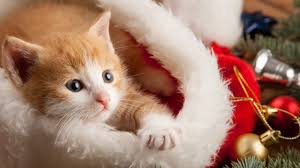
Dangerous dinners
Leftovers from the Christmas meal, such as turkey bones shouldn’t be given to your pet. Bones can splinter easily causing damage to the intestine, and can cause choking if they get stuck in your pet’s throat. Christmas stuffing often contains onions and garlic both these ingredients contain the toxic ingredient thiosulphate. This can cause haemolytic anaemia, where the pet’s red blood cells burst while circulating in its body. Symptoms may include laboured breathing, liver damage, vomiting, diarrhoea, and discoloured urine.
Mushrooms should also be avoided as certain types can be fatal and avoid giving your pet any fat trimmings too, as this can cause pancreatitis. ‘Pigs in blankets’ (sausages wrapped in bacon) are a delicious addition to any Christmas plate, but the high levels of salt can cause a dog to drink too much water, which can develop into a life-threatening condition called bloat.
Nibbles
Entertaining guests typically brings with it platefuls of nibbles such as nuts, raisins, grapes and clementines. However, Macadamia nuts, walnuts along with most varieties of nuts contain high amounts of phosphorus which can lead to bladder stones. As little as six nuts are enough to cause some dogs to develop muscular tremors and paralysis in their legs.
Raisins and grapes are toxic – in large quantities these have proven fatal for some dogs, so keep the mince pies to yourself! Clementine pips and the kernels of plums, peaches and apricots are easily dropped onto the floor, but these contain a type of cyanide compound that can poison a dog if he ate enough, this can result in dilated pupils, breathing difficulties, hyperventilation and shock.
Tipples
Most of us enjoy a tipple during the festive season – remember that alcohol should be strictly kept in the hands of humans and away from furry paws! Dogs are much more susceptible to the poisonous effects of alcohol and ingestion can lead to laboured breathing, behavioural changes, hypothermia, seizures, and cardiac arrest.
Outdoor encounters
Make sure you keep antifreeze for your car out of your pets reach. While many solutions have been updated, every year a number of animals are accidentally poisoned by it. The substance tastes sweet to pets, which encourages them to drink. As a precaution, don’t allow your pet to drink from any puddles particularly while out on a walk, as it may contain antifreeze, car oil or other substances that could be harmful to your pet. Be aware that some snow globes may also contain this toxic substance.
Make sure you also wash and dry your pet’s feet when you come in from a walk; grit and salt from the pavements or roads can irritate the skin and cause stomach upset if your four-legged friend licks their paws. This includes cats and dogs – gently wipe with a damp cloth and reward with their favourite tit-bit, toy or activity immediately afterwards to build a positive association with having their paws touched. Click here to read more on our cold weather pet safety tips.
Dressed to impress
‘Tis the season for silly paper crowns, Christmas jumpers and scarves. While many of us like to dress to impress for the festivities, most animals are not keen on dressing up unless they are used to wearing a dog coat or similar, or have been specifically taught to wear items through careful desensitisation training from a young age, like our dog model Howard.
Visitors, ‘chill out’ zones and calming aids
Some of us may be hosting loved ones this year and this means visitors and this can lead to lots of excitement or scariness for our pet, depending on our animal’s character and previous learning experiences. Visitors can, for some, cause upset in our pet’s routine and even stress in some cases. For example, well-meaning visitors may unwittingly scare our animals when they ‘dive in’ to say “hello” enthusiastically. Instead, encourage your visitors to leave your pet alone until everyone has settled down, then call your pet over, offering a low hand to the ground – this gives our pet choice as to whether they do want to interact or not. Click here to read more about Canine Choice.
If your dog has a tendency to jump up at visitors, then have him on a lead and plenty of food to hand and create space away from the visitor. Reward your dog for remaining on all four paws (check out our article on jumping up). Using barrier systems such as baby gates, dog panels and pens can be a great way to deal with visitor arrivals and exits safely, as well as use when you come to sit down for your Christmas meal. Encourage your dog to settle down in his chill out zone by providing plenty of scrummy stuffed food puzzle toys and ensure this zone is well-established before Christmas comes by feeding and encouraging nap times in there.
If you have visitors who are uneasy with animals or young children are visiting, then it’s best to keep your pets away altogether for the short time they are there to avoid getting our pets getting into a pickle. To help your pet with this, ensure they’ve had exercise prior to the visitor’s arrival, such as a long walk for your dog or a good play with your cat. This means your four-legged friend can then settle in this chill out zone having expended some energy. Pop on some calming music in the chill zone to mask the sounds of excited visitors and again, provide your dog with well-packed food puzzle toys, or hide treats around the room for your cat.
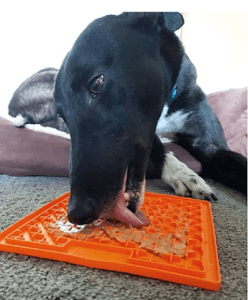
Help keep things calm by purchasing pheromone sprays or plug-ins such as Feliway for cats and Adaptil for dogs and have this in the chill out zone, and also pop an old t-shirt you’ve worn onto your pet’s bed to provide emotional comfort.
Alternatively, you could pop a dab of natural Lavender oil under your pet’s collar – or – dab a little onto a handkerchief and place this into the chill out zone (out of your pet’s reach). Other calming aid options you could consider include nutraceuticals (supplements that can help pets to relax such as NutraCalm, YuCalm, CalmEx, Serene-Um, Calming Canine, A-OK9 and Zyklene), and Dr Bach’s Rescue Remedy For Pets, which can be placed either into your pet’s water or onto a treat. Do speak to your vet about the use of nutraceuticals.
If your pet is distressed by fireworks, loud noises, visitors and or demonstrates any other anxiety-related behaviour, then ensure you speak with your vet about behavioural medicines pending the outcome of a health check. A full health check is required to rule out any potential pain/discomfort as this is strongly associated with noise fears, over-reactive behaviour, touch sensitivity and more – see Mills et al. (2020). If your pet needs pharmaceutical support whether it is for health reasons or behavioural, then do ensure you have enough medication to cover your pet over the festive season. Anticipate that as the postal service and couriers are at their busiest this time of year, plan ahead and ensure you have given enough notice for the veterinary surgery to order in the medication, and time to post out to clients where not being collected on-site.
Remember, if you are experiencing any behavioural issues, please do seek the support of a registered certified behaviourist to help you and your pet – the best results are typically where there is an appropriate behaviour modification plan in place, supported by medical management. Check out the list of Practitioners listed under the Animal Behaviour and Training Council’s website.
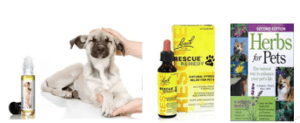
Have a happy and safe Christmas with your pets.
Hanne
x
Learn more about our classes
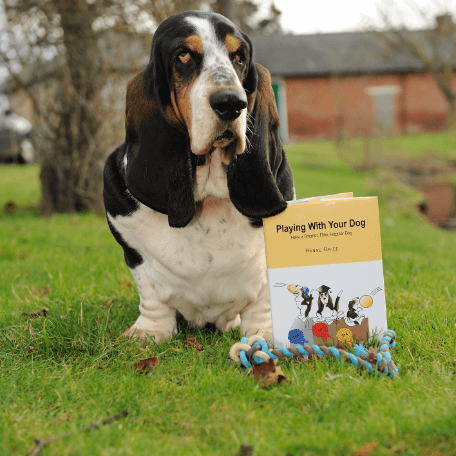
Get Hanne's Book
Playing With Your Dog will help any dog owner work out the games that are best suited for their pet to play throughout his life, from puppyhood to old age. The book also shares some tricks for all ages, group activities, and recommended toys that dogs will enjoy.
